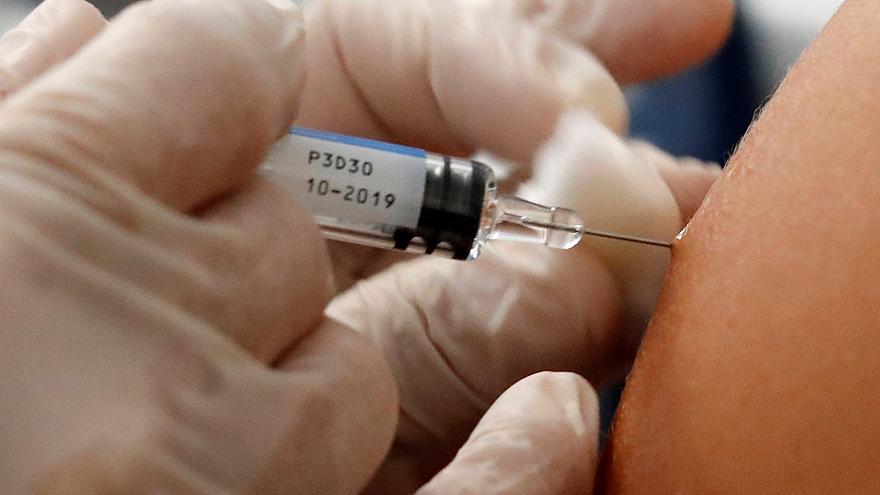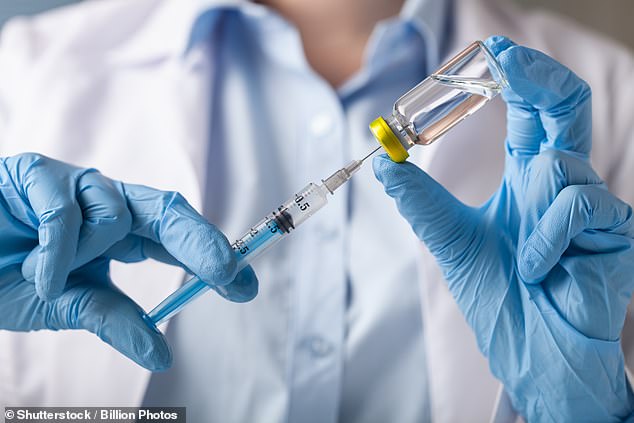
The World Health Organization has discharged a list of 10 dangers to global health. Furthermore, the office dispatches its five-year vital arrangement to guarantee. Likewise “1 billion additional individuals profit by access to all-inclusive health inclusion. And 1 billion additional individuals are shielded from health emergencies and 1 billion additional individuals appreciate better wellbeing and prosperity.”
1. Environmental Change and Air Pollution
In 2019, air contamination is the “best natural hazard to health,” as per WHO. Specialists accept tiny contaminations noticeable all around as well as in charge of slaughtering 7 million individuals. Likewise infected Rashly consistently from maladies like lung malignant growth, coronary illness, and stroke.
2. Noncommunicable Diseases
Noncommunicable maladies, for example, diabetes, coronary illness or disease are in charge of 70 percent of the world’s demises. A portion of the main hazard elements of noncommunicable ailments incorporates tobacco use. Furthermore, physical latency and hitting the bottle hard, among others — all of which additionally fuel mental health issues.
3. The Global Influenza Pandemic
WHO expects the world will see another flu pandemic. Yet precisely when or how extreme the pandemic will be is obscure. Furthermore, Analysts will keep on checking infection conduct and dissemination through 114 nations. Which likewise suggest which strains ought to be incorporated into the yearly influenza antibody.
4. The world’s Fragile and Vulnerable Settings
Strife, dry spell, uprooting, starvation
5. Antimicrobial Resistance
While drugs like anti-toxins, antivirals
6. Ebola and other high-danger pathogens
Following two separate Ebola flare-ups in the Democratic Republic of Congo in 2018. World general health specialists encouraged WHO to address the developing difficulties of handling episodes. And furthermore, wellbeing crises in urban territories”. Likewise, which required the organization to make 2019 a “(y)ear of activity on readiness for health crises.”
7. Weak or inadequate primary health care
Numerous nations still don’t have sufficient essential medicinal services offices, as per WHO. To accomplish widespread health inclusion, solid essential medicinal services is an absolute necessity. WHO plans to keep reinforcing essential consideration around the world.
8. The reluctance or refusal to vaccinate
With the enhancement of “worldwide inclusion of inoculations,”. The WHO specialists accept 1.5 million antibody preventable passings could be kept away from every year. Antibodies at present forestall 2 million to 3 million passings for each year. “Carelessness, bother in getting to antibodies, and absence of certainty” is among a portion of the best reasons. Which decides not to immunize individuals. But rather health specialists are encouraged to give trusted and likewise, solid data to kill wavering.
9. Dengue
The mosquito-borne malady, which presents influenza as well as side effects. Furthermore, it has a developing issue in Bangladesh and India. It can kill up to 20 percent of those contaminated with extreme dengue. An expected 40 percent of the world is in danger of dengue fever. WHO is attempting to lessen passings by 50 percent by 2020 through its Dengue aversion and control methodology.
10. HIV epidemic
About 1 million individuals still bite the dust every year. And it is because of HIV/AIDS, and young ladies and ladies in sub-Saharan Africa are at especially high hazard. WHO wants to work close by nations to present self-testing in organizations and associations.

